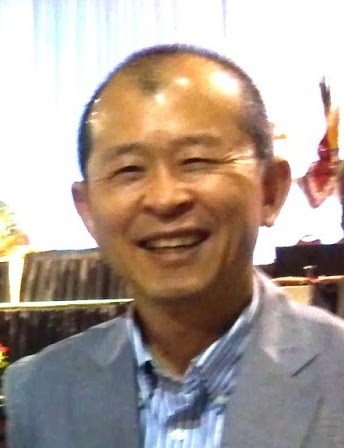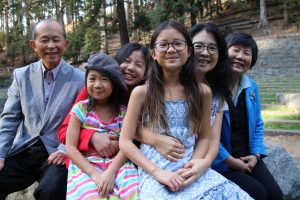
![]()


Eun-Hae Chung
KCI Volunteer
PROFILE:
Eun-Hae Chung is a retired pastor who served several churches in Chicago for 20 years. He was born in South Korea and also lived in Hong Kong prior to moving to the U.S. in 1993. He currently lives in the Bay Area with his daughter and three beautiful granddaughters. Pastor Chung has been a valuable volunteer for KCI, translating many COVID-related resources into Korean.
How has the coronavirus pandemic affected your life?
Tennis was my passion, but all the courts were closed when the Shelter-in-Place order was issued. I am so relieved now that they are open again. The other activity I miss most is the Senior Guitar Class which used to meet every Friday at the Korean Center. I stay in touch with my fellow classmates and keep up our friendship, mostly through KakaoTalk, a Korean messaging service.
What motivated you to volunteer for the Translating Resources Program at KCI?
When the government began to roll out emergency relief and support programs in response to the COVID-19 pandemic, I thought it was utterly important for the Korean community to learn about them and make full use of them. Since my career in the private sector had been with US companies, I acquired enough mastery of English to be of service in a time like this.
Have you been involved with the Korean community or other Korean organizations before?
I have been leading the Korean Center’s Senior Guitar Class for over three years. I also volunteered to lead an English Class, but because of the pandemic, it currently remains on hold.
How has your experience been so far volunteering with KCI?
I am very impressed with the timeliness and passionate heart with which the Korean Center stepped up as a major source of information and resources for the Korean community from the start of the pandemic. The staff worked with a keen sense of timing and top-notch professionalism.
Had I not volunteered, I might not have had the chance to fully appreciate what was going on relative to the dire impact the pandemic was having on the lives of many people and businesses. I, too, learned a lot while translating materials into Korean.
Do you see any needs in the Korean community that you feel should be addressed?
I often observed how some Korean people suffer unnecessary and avoidable hardships simply because of language and cultural disconnects. For example, when they receive official letters from government agencies, they are inclined to put it aside because they cannot read the content. They end up missing deadlines to act or respond, which often results in unnecessary complications and penalties.
